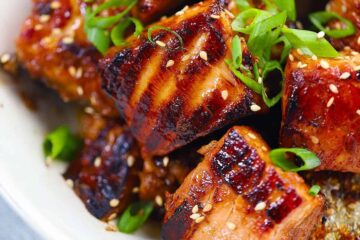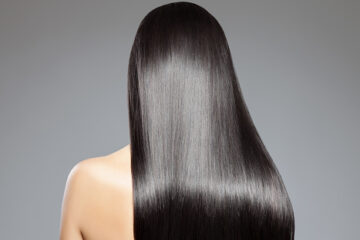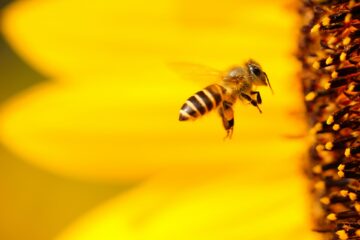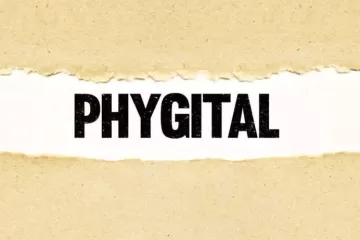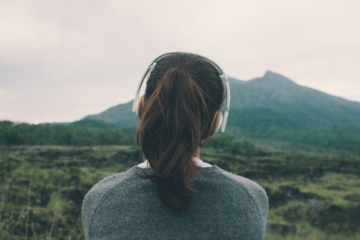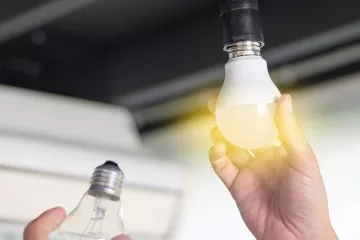Blue lotus tea, also known as Nymphaea caerulea tea, is a refreshing drink brewed from the blooms of the blue lotus plant. This hallucinogenic drink has a long history of usage in alternative medicine and spiritual rituals.

Two aporphine alkaloids apomorphine and nuciferine are responsible for blue lotus tea’s psychedelic effects. Because it acts similarly to dopamine, apomorphine is classified as a dopamine agonist. Dopamine is a neurotransmitter that has been linked to feelings of happiness, satisfaction, and motivation. The compound nuciferine acts as a kappa-opioid receptor agonist, simulating the brain’s natural endorphins. Natural endorphins alleviate pain and elevate happiness.
Blue lotus tea, when consumed, may provide a wide range of psychedelic effects.
1. Relaxation
2. Euphoria
3. Enhanced imagination
4. Increased sensitivity
5. Dreams with a lot of detail
6. Conscious sleep
Although blue lotus tea is typically well tolerated, it has the potential to cause drug interactions and even some unpleasant side effects if consumed in large quantities. Also, blue lotus tea won’t leave you with a dependency problem.

What is the appeal of Blue Lotus Tea?
Blue lotus tea is gaining popularity for a few different reasons. For starters, it is a psychoactive chemical that can be purchased legally and easily in the USA. The second advantage is that it is cheap and simple to get. Third, its psychoactive profile is rather modest, making it a safe choice for first-time users.
The purported health advantages of blue lotus tea have contributed to its rising popularity. A cup of blue lotus tea may help you relax, get a better night’s rest, and feel better overall, say some users. There is evidence that blue lotus tea may reduce swelling and protect cells from damage.
Method for Preparing Blue Lotus Tea
A cup of blue lotus tea may be made by infusing 1–2 grams of dried blue lotus blossoms in 5–10 minutes of boiling water. Mint, ginger, or chamomile are just a few examples of various herbs and spices that go well with tea.

The Meta Trend of Psychoactive Drinks, Including Blue Lotus Tea
The blue lotus tea fad belongs to the category of psychoactive drinks. Consumers in search of novel routes of ingestion for psychoactive drugs are driving this development. There are a lot of benefits to drinking psychoactive substances rather than smoking or injecting them.
Some popular recent instances of psychoactive drinks include:
- THC seltzer, or cannabis-infused effervescent water, is quickly gaining popularity as a discreet and easy method to get high.
- Drinks containing cannabidiol (CBD), a chemical found in cannabis with a multitude of health advantages, but which won’t get you high. It has been suggested that consuming a CBD drink might help with stress, inflammation, insomnia, and overall relaxation.
- To mix the refreshing flavor of lemonade with the intoxicating effects of cannabis, some people turn to THC lemonade.


Conclusion
There is an increasing interest in blue lotus tea, a psychoactive beverage with a long and interesting history. It has a modest psychoactive profile and is readily available legally. The need for novel methods of ingestion among users of psychoactive drugs has contributed to the rise of the Psychoactive Beverages meta trend, of which blue lotus tea is a component.
Some Further Ideas
Interesting and adaptable, blue lotus tea is a must-try. In addition to the psychotropic effects and possible health advantages, its distinctive and delectable taste makes it a worthwhile experience in and of itself.
If you’re curious about blue lotus tea, it’s best to get some from a reliable vendor. Several websites provide premium blue lotus tea at reasonable prices. Some herbal apothecaries and health food shops also carry blue lotus tea.
It’s best to ease into drinking blue lotus tea by starting with a small amount and working up to the recommended amount. Dizziness, nausea, and headaches are only some of the possible negative reactions to blue lotus tea.
You should consult your doctor before drinking blue lotus tea if you are currently taking any drugs, since it may interfere with some of them.
In conclusion, blue lotus tea is a healthy and delicious drink that may be shared with friends and family members of all ages. If you’re seeking a non-pharmaceutical approach to unwinding, lifting your spirits, or sparking your imagination, this is a fantastic choice.


